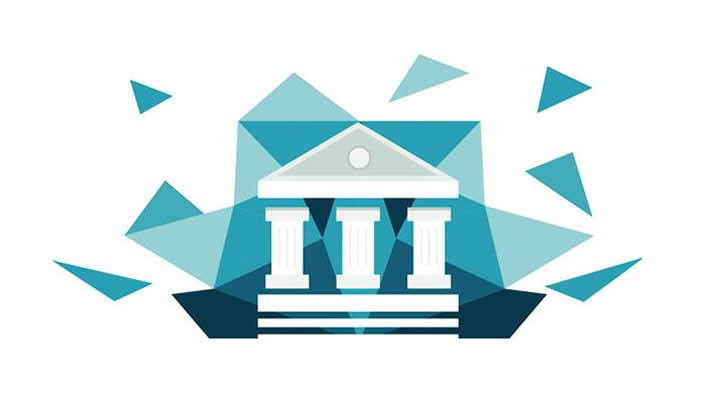
According to an Internet meme, culture eats strategy for lunch. This means that a campus culture exerts a powerful influence, one that can either be beneficial or detrimental to academic transformation. I would suspect that all of us have experienced the inertia that culture can exert, when it acts as an impediment to change.
Presently higher education continues to be under great pressure to change, especially with respect to teaching and learning. This pressure presents itself in two ways: the degree of change and the tempo of change. Higher education is inexperienced with both, which means that cultural issues are sure to be part of any exercise in academic transformation. This by itself calls for skilled academic leadership.
In addition, the collaborative nature of campus support for teaching and learning adds to the challenges of leadership. At most institutions, a cohort of campus organizations, including IT, the center for teaching and learning, the library, the dean's and provost's offices—all of these units (and possibly others) are all players in the support and promotion of teaching and learning. Successfully coordinating across these campus groups is an additional dimension of the leadership skill called for today. These factors, taken together, mean that we are in new and somewhat unfamiliar territory.
The ELI has just published a new issue in its 7 Things series on the topic of leadership in teaching and learning: 7 Things You Should Know About Leading Academic Transformation. In this two-page brief, we sketch out this new leadership landscape, addressing its significance as well as its challenges. This issue serves as a key resource for the EDUCAUSE initiative Leading Academic Transformation, a community of program for teaching and learning leaders in a time of transformation. More information on this initiative is available here.
We hope this issue is of value to the community, offering both an initial orientation but also to be a point of departure for campus discussions.
Malcolm Brown is director of the EDUCAUSE Learning Initiative.
